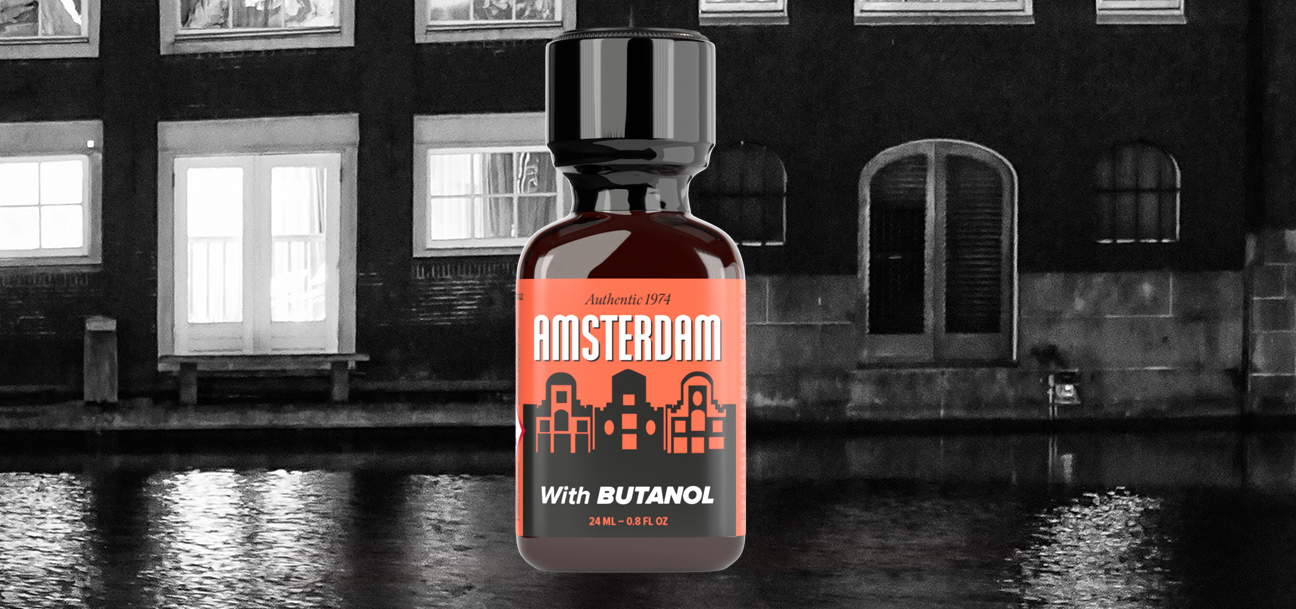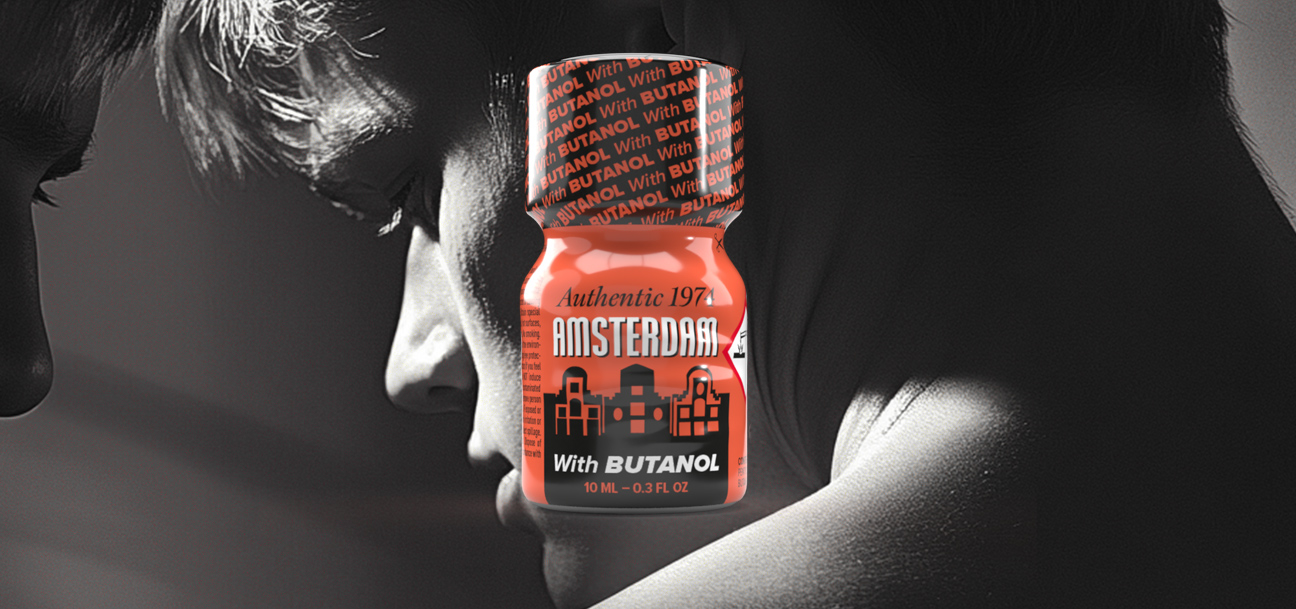
Poppers in Amsterdam: A Popular but Regulated Market
Amsterdam is known for its liberal stance on various recreational substances, and poppers are no exception. Widely used in the LGBTQ+ community and among club-goers, these small bottles of alkyl nitrites provide a short-lived, intense rush that enhances sensory perception and relaxation. Despite their popularity, the sale and use of poppers in the Netherlands fall under specific regulations that distinguish them from other substances available in the city’s nightlife scene.
The Legal Status of Poppers in Amsterdam
Unlike cannabis, which is tolerated under the country's famous "gedoogbeleid" (tolerance policy), poppers occupy a more complex legal position. In the Netherlands, the sale of poppers for human consumption is prohibited due to health concerns, as inhaling nitrites can affect blood pressure and oxygen levels. However, poppers remain widely available in Amsterdam under alternative branding, often marketed as room deodorizers, leather cleaners, or incense.
Head shops, sex shops, and certain specialized stores discreetly sell poppers, catering primarily to club-goers and the LGBTQ+ community. The city’s Red Light District, with its array of adult stores, is one of the most common places to find them. Additionally, some online Dutch retailers offer poppers with discreet shipping to avoid scrutiny from regulators.
Poppers in Amsterdam’s Nightlife and LGBTQ+ Scene
Amsterdam’s vibrant LGBTQ+ scene has long embraced poppers as a party and pleasure enhancer. Popular gay bars and clubs like the Church, Club NYX, and Eagle Amsterdam are known hotspots where poppers are commonly used. The city hosts world-famous LGBTQ+ events such as Pride Amsterdam and the Leather & Fetish Pride, where poppers play a role in the nightlife experience.
While poppers are considered relatively safe for occasional users, authorities have issued warnings about counterfeit or poorly manufactured products, especially those imported from non-European sources. Some low-quality poppers can contain harmful substances, leading to adverse effects beyond the usual head rush.
Conclusion
Poppers remain an integral part of Amsterdam's underground and nightlife culture, despite their semi-regulated status. Although officially not sold for human consumption, they are easily accessible for those who know where to look. As demand continues, Amsterdam’s poppers market will likely thrive, as long as consumers remain informed about product quality and legal considerations. Whether for clubbing, intimate encounters, or personal exploration, poppers remain an unspoken staple of the city’s progressive and diverse social landscape.

